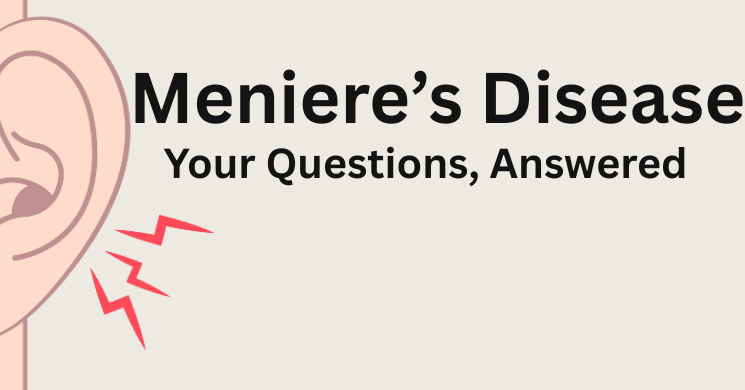When you are diagnosed with a vestibular disorder, you may be prescribed a pharmaceutical by your physician. These can either control your symptoms, or treat the dysfunction at its core. Vestibular suppressants work to suppress your system to decrease the uncomfortable symptoms of dizziness, motion sickness, and vertigo. Vestibular suppressants are in three drug classes: anticholinergics, benzodiazepines, and antihistamines. Other pharmaceuticals like steroids and diuretics are also prescribed for different vestibular disorders and work to treat the cause of your symptoms. Everyone has different symptoms and different needs for medications, so the following is a very brief overview of medications I find are most commonly prescribed with vestibular disorders. Always be sure to talk to your physician and pharmacist before starting, stopping, or changing a medication.
Benzodiazepines – these are medications typically used for anti-anxiety and antidepressant purposes. However, they also act as vestibular suppressants and work to reduce dizziness in many vestibular disorders by reducing anxiety and motion sickness symptoms. Taking these for long durations should be avoided to decrease risks of lasting side effects like impaired memory and increased risk for falling (1).
Antihistamines – these are medications like meclizine and diphenhydramine (Benadryl). These help prevent motion sickness and reduce vestibular symptoms when you are having a dizzy spell. They are only effective in treating the symptoms, not the root cause of your dizziness.
Anticholinergics – these are medications that inhibit the firing of the vestibular nucleus and reduce vestibular nystagmus(1). Common anticholinergics are meclizine and scopolamine.
Diuretics – diuretics are prescribed to keep your sodium and fluid levels stable. Diuretics can be used for many purposes, but they’re prescribed to treat combat vestibular disorders such as Secondary Endolymphatic Hydrops. Those who are unable to treat their symptoms conservatively with a low sodium diet often use this as the next step in treatment.
Betahistine – this drug is prescribed to those who have been diagnosed with Ménière’s Disease (1). This is a medication that controls Ménière’s Disease by taking it daily. It tends to reduce the number of attacks, but usually doesn’t prevent them all together (2). It is very important you discuss this medication with your physician prior to beginning treatment, and taking it exactly as advised.
Steroids – steroids are prescribed to individuals with vestibular neuritis or labyrinthitis. Steroids are effective in treating both of these in the first 24 hours of symptom onset. They are used to effectively reduce swelling and edema on the vestibulocochlear nerve and lead to positive long term recovery compared to those who did not get the treatment within 24 hours (3). Taking these for extended durations can lead to loss of bone density and other negative effects, so be sure you’re talking with your physicians before you start, stop, or change medications!
Antiemetics – these work to control nausea and vomiting. Commonly prescribed antiemetics and Zofran and Decadron. Taking medication like this is sometimes recommended during a treatment for BPPV to prevent nausea; talk to your physician to discuss your options!
Meclizine – this medication is prescribed very frequently to suppress the vestibular system, to reduce nystagmus and vertigo symptoms. Meclizine is an antihistamine and an anticholinergic. These decrease nausea, prevent motion sickness, and reduce vestibular nystagmus. Clinically, I find that this is the most commonly prescribed medication by physicians for dizziness when symptoms first begin.
Zofran – this mediation is an antiemetic. This is prescribed to treat nausea in patients with vertigo and dizziness symptoms.
Sources:
(1) Yacovino, D. (2020, September 10). Medication. Retrieved September 17, 2020, from https://vestibular.org/article/diagnosis-treatment/treatments/medication
(2) Stewart, M. (2019, May 16). Betahistine information. Betahistine side effects. Retrieved September 17, 2020, from https://patient.info/medicine/betahistine-tablets-serc
(3) Sjögren, Julia; Magnusson, Måns; Tjernström, Fredrik; Karlberg, Mikael Steroids for Acute Vestibular Neuronitis—the Earlier the Treatment, the Better the Outcome?, Otology & Neurotology: March 2019 – Volume 40 – Issue 3 – p 372-374 doi: 10.1097/MAO.0000000000002106. https://journals.lww.com/otology-neurotology/fulltext/2019/03000/steroids_for_acute_vestibular_neuronitis_the.21.aspx







